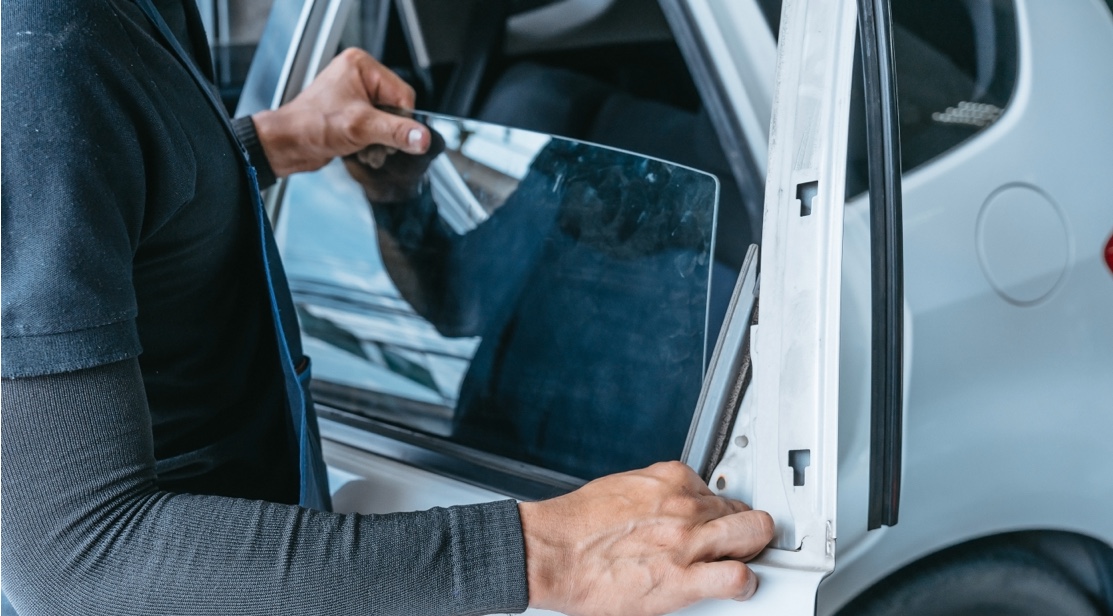
Not sure if you should claim it? Get up to 5 free quotes from Glass.net now!
Stands for Bodily Injury Liability Coverage, and will pay for either medical or funeral costs to the injured party if you were at fault for the accident. Can be applied toward legal defense if you are sued. Not a fun thing to need.
A form of insurance that covers events like natural disasters, vandalism or theft in addition to liability and repairs for your own car should it be damaged in an accident.
A form of insurance that covers the damages to your car if you were hit to another car, as well as stationary objects like a wall or cow-shaped mailbox.
This number refers to the amount of money you'll pay should you get into an accident before you get financial help from insurance. Deductibles are applied to each claim, and may differ depending on whether or not you're getting your own car fixed or someone else's.
Full coverage is a somewhat generic term people used to describe insurance that covers more than liability, but full coverage is a myth as it won't cover certain injury payments or repairs.
Refers to the amount of money insurance is willing to cover for bodily injury, property damage and vehicle repairs. Minimum legal coverage is determined by states, but it's generally recommended to choose more generous policies.
Payments for medical or funeral costs associated with an accident.
Those expressly named on the insurance policy who are not the primary driver.
A more comprehensive version of MedPay which may cover expenses like lost wages, child care or survivor's loss, in addition to medical payments for the injured parties in an accident (including the driver at fault.)
The amount of time your insurance policy will last before expiring.
The amount you pay for your insurance. Generally can be paid per month or per 6 months.
Refers to the way you'll use your vehicle most often (e.g., for Uber driving, commuting, etc.)
Refers to the individual who will drive the car the most, and can be different from the person paying for the policy (e.g., a teenage son.)
Pays for any property damaged by the liable party, and can cover legal costs in the event of a lawsuit.
Receive financial assistance should you need to rent a car after an accident. This is generally applicable if you have comprehensive or collision coverage.
Receive emergency services for minor break downs due to flat tires or battery failures. This is typically a separate option you can select as an add-on to your insurance policy.
Should your car become damaged during an accident but still be considered safe for driving, you may need a salvage title to note the damage. States vary on the terms of these salvage titles, so you would need to talk to your mechanic for more information.
Primary named insured is the first person listed on the policy, with the second named insured receiving the same consideration, policy limits and protections as the primary.
Financial assistance should you be hit by someone who is uninsured.
Financial assistance should you be hit by someone whose legal limits do not cover the extent of the damage.